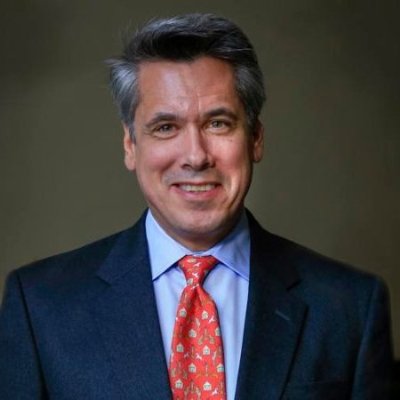(Bloomberg) — Hours after Argentina cut a deal with New York hedge funds to end a nasty, 15-year-old debt dispute, the governments top economic officials took to the podium in Buenos Aires to bask in the moment.
First to speak that February evening was the finance minister, Alfonso Prat-Gay. Hes an old JPMorgan Chase & Co. guy, a currency strategist. To his left sat Luis Caputo and Santiago Bausili, the two men in charge of the ministrys debt program. They too are JPMorgan alums, and both would go on to serve stints at Deutsche Bank AG. To Prat-Gays right was the cabinet secretary, Mario Quintana. Hes an ex-private equity guy, the founder of a firm called Pegasus Venture Capital.
Wall Street is back in favor in the new Argentina, and in a big way. Since winning office in November, President Mauricio Macri, a former businessman himself, has loaded his administration up with traders, financiers, entrepreneurs, economists and corporate executives.
Its not the kind of move that a leader would consider right now in, say, the U.S. or Spain or Greece, places where the anti-banker sentiment has reached a fevered pitch in the past few years. But in Argentina — where a decade of government intervention in the economy, peppered with a strong ideological bent, has fueled runaway inflation and stagnant growth — the population seems more open to the idea. Macri wants to undo those policies as quickly as possible and he wants professionals well schooled in the laws of free markets to do it.
People got tired of living in a place where the state stuck its nose in everything, said Miguel Kiguel, who was the countrys finance undersecretary back in the 1990s. Tops among the absurd regulations that were grating on Argentines, he said, were a maze of measures that tightly controlled everyones access to dollars.
Intertwined History
At the very least, the hirings are helping Macri win the confidence game, a crucial step to reinserting the country in international capital markets over a decade after it defaulted on $95 billion of bonds and disappeared from investors radar screens. Kiguel said the group was technically skilled, strong, made up of professionals that have the ability to deliver. Siobhan Morden, the head of Latin America fixed-income strategy at Nomura Securities, called it the best economic team in the region.
Thats not likely something that any bond analyst would have said of the staff assembled by Macris predecessor, Cristina Fernandez de Kirchner. Her last economy minister, Axel Kicillof, a former youth movement leader, was famous for railing against international investors, saying once that Spains Repsol SA was looting the country and another time that the defaulted bonds held by the hedge funds were as worthless as pieces of cardboard.
Its certainly a shift from the Kirchner era, Morden said.
At the head of the new group is Prat-Gay. A 50-year-old Buenos Aires native, he signed on with JPMorgan back in 1994, about the same time that Caputo joined the bank. (Bausili would begin there a few years later as would Vladimir Werning, the economist who now serves as chief of staff in the Finance Ministry.) By 1999, Prat-Gay had worked his way up to the top job in the firms currency research group in London, a position hed leave shortly after the default to take the reins at the Argentine central bank — where he earned the title of central banker of the year from EuroMoney magazine in 2004. A couple years after he returned to Argentina, so did Caputo, who took over control of Deutsche Banks operations in the country.
Goldman, Barclays
Its not just alums from JPMorgan and Deutsche Bank that dominate government directories. Goldman Sachs Group Inc., Barclays Inc. and Morgan Stanley are represented too, with ex- officials holding key posts at the central bank and state pension fund agency.
Macris team has wasted little time in reversing the policies it inherited, having removed restrictions on dollar purchases, allowed the peso to trade freely, pared back government spending and negotiated the debt settlement with billionaire Paul Singer and other hedge-fund moguls — all within the first three months on the job.
The terms of that accord, which still need congressional approval, have been sharply criticized by Kirchner allies as too favorable for international creditors — some of whom are poised to score outsize profits on the defaulted bonds. And therein lies a key vulnerability in Macris tack: the perception that his Wall Street-groomed team is too cozy with investors. (Press officials at the presidential palace and Finance Ministry declined to comment for this story.)
That may be more of a concern for down the road, though, if Macri were to fail to stabilize the faltering economy. For now, Argentines seem more focused on seeing a sense of normalcy return to their country. At last count, annual inflation was running at about 30 percent. Fix that and people may not care how much money foreigners are making.
–With assistance from Daniel Cancel.



